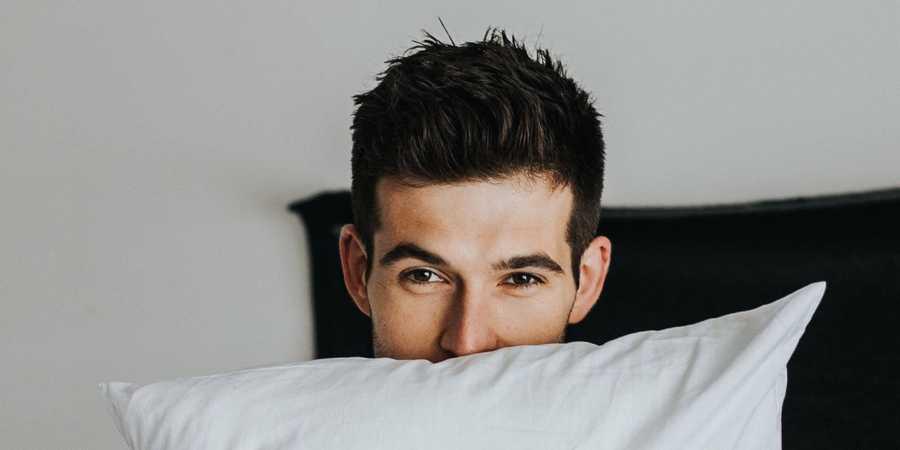Learn more about health with this collection
The benefits of a ketogenic diet
The science behind the ketogenic diet
The potential risks of a ketogenic diet
Stressing about sleep
Before a stressful work event, we tend to worry about what will happen if we don’t sleep well:
- We worry that we’ll be physically tired.
- We worry that we won’t be mentally sharp.
- We worry about being in a bad mood.
- We worry that our performance will suffer.
149
554 reads
Sleep mistakes
... we make when it comes to sleeping well before a big day:
- We try too hard to sleep and we end up making it harder to fall asleep.
- We overestimate the negative consequences of poor sleep.
150
587 reads
Sleep restriction
It's a technique for improving the quality of your sleep by using the power of Sleep Drive (the body’s natural need for sleep). Sleep Drive is built during the day: the longer you’re awake the stronger your need for sleep.
Sleep Restriction temporarily restricts the quantity of your sleep so that you’re awake longer and therefore build up more Sleep Drive.
178
612 reads
Exercise the days before
If you want more chances of sleeping well the night before a big event, be as physically active as possible the days before.
172
577 reads
Shut off your mind
We usually have difficulties with falling asleep at night because we get into bed when our minds are still in work mode trying to solve problems.
The mind needs time to transition out of problem-solving work mode and into a state of relaxation before it can fall asleep. So read a book, watch a relaxing show or listen to your favorite music.
186
483 reads
Schedule time to worry
Make sure to set a time and a structure for worrying and you'll reduce the mind’s need to use worry.
And if you're worrying less—especially at night—you’re much more likely to fall asleep easily and sleep well.
171
568 reads
IDEAS CURATED BY
Related collections
Other curated ideas on this topic:
12 ideas
A Brief Guide on How to Sleep Better Every Night
jamesclear.com
10 ideas
3 ideas
How Sleep Works: Understanding the Science of Sleep | Sleep Foundation
sleepfoundation.org
Read & Learn
20x Faster
without
deepstash
with
deepstash
with
deepstash
Personalized microlearning
—
100+ Learning Journeys
—
Access to 200,000+ ideas
—
Access to the mobile app
—
Unlimited idea saving
—
—
Unlimited history
—
—
Unlimited listening to ideas
—
—
Downloading & offline access
—
—
Supercharge your mind with one idea per day
Enter your email and spend 1 minute every day to learn something new.
I agree to receive email updates






